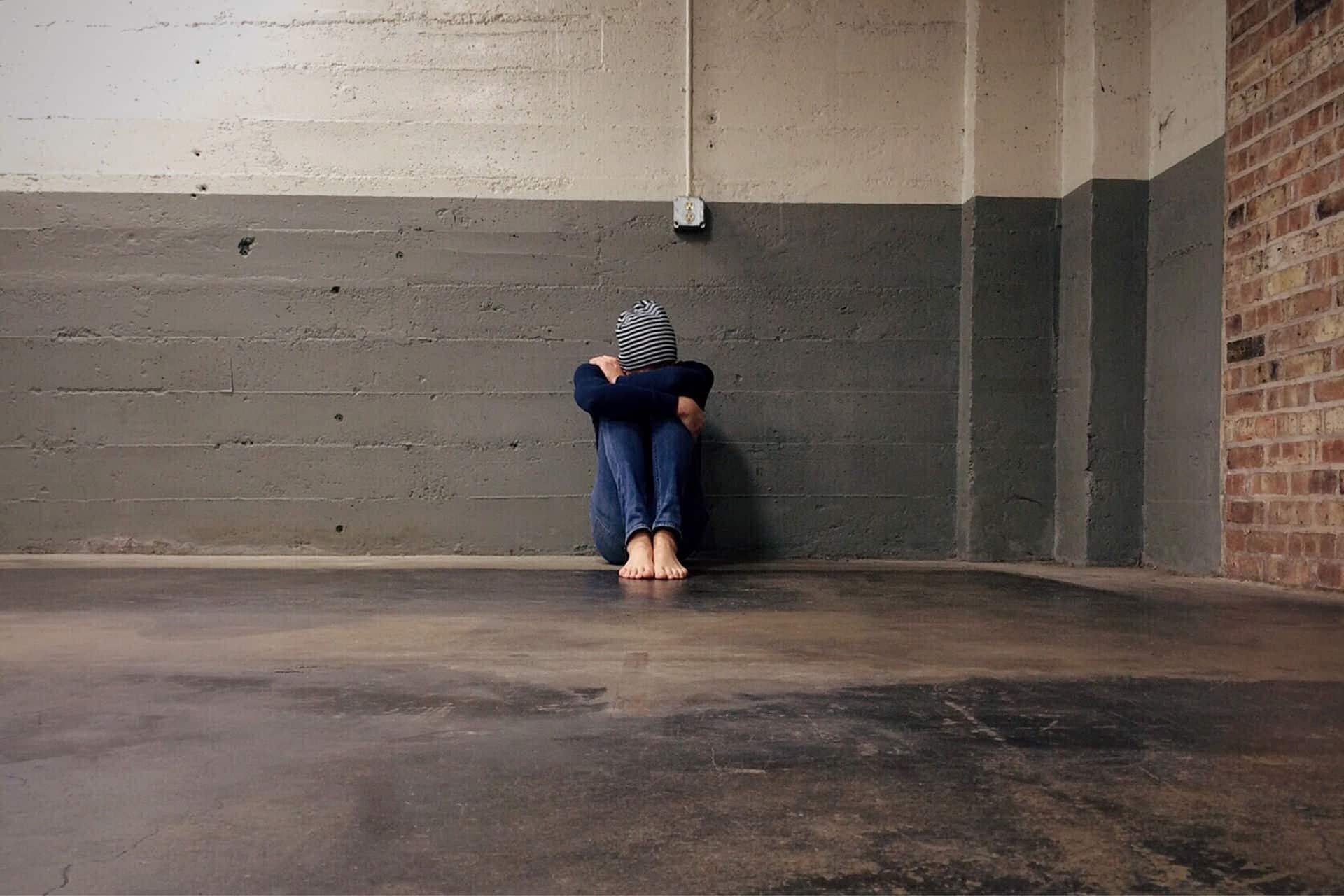Contact Orlando Treatment Solutions
For any other questions please call us or fill out the contact us form. We're here to help you at Orlando Treatment Solutions.
Contact Us Call Now (321) 415-3213Popular Post
Nearly 21 million Americans have an addiction, but only 10% get treatment. Substance abuse is a common problem that has effectively ruined so many lives without most people taking notice of it. But what exactly is substance abuse? It’s the harmful or hazardous use of psychoactive substances, including alcohol and illicit drugs. Substance abuse treatment, then, is a series of interventions that result in abstinence from the abused substance and recovery from the other effects of the addictive behavior. Why is this treatment so important? Because it’s not just about stopping the habit—it’s about saving lives, healing families, and rebuilding communities.
Understanding Substance Abuse
Substance abuse can take many forms, from alcohol and prescription drug misuse to the use of illegal drugs like heroin and cocaine. Every single form of substance abuse has its problems and dangers. Alcohol, for instance, is just as destructive in misuse as any illegal drug. Prescription drugs, for the most part, mistaken for being harmless because they were prescribed by a doctor, can lead to dependency and serious medical complications if misused.

So, what makes people resort to using these substances? The reasons are very complex and incredibly varied. Genetic vulnerability predisposes specific individuals to addiction. Psychological problems, such as depression and anxiety, usually let people self-treat by using illicit drugs or alcohol. Social and environmental factors include peer pressure, family issues, and economic hardship. The consequences of substance abuse are similarly multiple, affecting health, mental well-being, social relations, and economic stability. People struggling with addiction can experience severe health problems, with cases like liver disease, heart issues, and mental disorders being common. Socially, substance abuse can lead to broken relationships, job loss, and legal problems, adding strata of difficulty to a situation that is already very rough.
Importance of Substance Abuse Treatment
Substance abuse treatment is one of the most essential services that has significant benefits and impacts on society.
Health Benefits
The first advantage of substance abuse treatment is a healthier body since substance abuse causes the decay of body organs. For instance, when a person decides to quit using substances that are not good for their body, the process begins by repairing the body’s internal systems, such as the heart, which rebuilds after the damage, and even overall body energy is boosted. However, it is not just about physical health. Mental health recovery is a significant part of the treatment. This is because many treatments focus on co-occurring conditions such as depression and anxiety to ensure that the patient learns how to deal with his or her emotions and stress.
Psychological Benefits
The psychological aspects of the treatment remain equally important. People struggling with addiction suffer from low self-esteem and feel worthless. Therapy and support enable them to regain and place value in themselves again. Psychotherapy, particularly cognitive-behavioral therapy (CBT), and other forms of treatment help people adapt new and healthier coping mechanisms to address life stress factors or conflicts without resorting to alcohol, drugs, or other addictive substances.
Social Benefits
Time and again, one realizes the various social benefits of substance abuse treatment. Specifically, improved relationships with family and friends can be attributed to the various treatments that are administered during the process. With the help of such therapies, a person can manage their dependency and reestablish their relationships with the community to restore the broken trust. Overall, the treatment contributes to better integration into the community, whereby people can positively contribute to society.
Economic Benefits
From an economic viewpoint, substance abuse treatment is, therefore, rewarding in its self-organizing capability. Lower costs are achieved through fewer emergency room visits, while potential future health issues are also reduced. Factors such as revenue generated through taxes increased productivity, and employment opportunities must also account for the fact that people in recovery are less likely to be a burden to the system.
Types of Substance Abuse Treatment
Substance abuse treatment is a process of bringing about change in an individual’s behavior and attitude towards a substance and the best method to achieve it depends on the substance abused. This is an important factor because not all substances cause the same level of dependence and thus require different treatment programs.
Behavioral Therapies
Behavioral therapies have a significant place in therapeutic procedures. CBT is a therapy that is aimed at changing the negative thinking styles of the patient. Contingency management involves rewarding positive behavior, something as basic as offering fistfuls of money for not drinking. Motivational interviewing is based on the premise that people already have desirable attitudes and values within them, which will help them make a change, therefore it enhances self-efficacy.
Medication-assisted treatment (MAT)
This approach is known as medication-assisted treatment (MAT), which involves using medications such as methadone and buprenorphine or injectable naltrexone alongside counseling and therapy. There is evidence that MAT is especially beneficial for opioid dependency, as it decreases withdrawal signs and lessens the desire for drugs, allowing patients to effectively engage in the treatment process.
Peer support or support groups are essential in helping patients and their families cope with any form of cancer.
Searched support for groups like Alcoholics Anonymous and Narcotics Anonymous are communities of people who go through the ordeal of addiction. These groups provide support and encouragement from peers, which are important to keep the person in the recovery business for a longer time. It is said that a problem shared is half solved therefore being in a group of people with similar issues prepares them to face similar challenges, which makes the process less isolating and more constructive.
Holistic Approaches
Holistic interventions such as yoga, meditation, and acupuncture are widely used because they provide a more liberal option to conventional treatment by supporting the body, mind, and soul. These practices help diminish stress and enhance focus and, thus, individuals’ general well-being, making them valuable to their rehabilitation process.
Challenges and Barriers to Treatment
Stigma and Misconceptions
Peer support is not accessible to every patient who could benefit from it, as there are various stigmas and misconceptions around the treatment. Policies have also been developed based on misconceptions about substance abuse. Addiction is still seen by most people as a character weakness and not everybody wants to be seen as weak-willed, so it remains undiagnosed. Such stigma hinders many people from seeking treatment.
Access to Treatment
Another factor that poses a challenge is the physical and financial accessibility of treatment. Lack of funds, lack of insurance, and distance can often be limiting factors in whether a person will be able to get help or not. The availability of cheap medical treatment services is very significant in guaranteeing that every individual who requires assistance gets to find the therapeutic services they need.
Relapse and Recovery
Relapse is crucial in the context of recovery, and it should be noted that relapse does not represent failure. Undergoing effective treatments and constant support is important for a person to bring them back to a normal life. It takes a lot of work and assistance to get better and to achieve sobriety and thus, it is for this reason that people can experience relapse even after a long time.
How to Support Someone Seeking Treatment
Encouragement and Support
If you have a family member or a close friend who is battling substance abuse, your support will go a long way in helping him/her make the changes. Help and support of any kind: words of encouragement and empathy. Inform them that it is rather suitable to refrain from seeking help as this is a display of weakness.
Resources and Referrals
Detailed information on treatment and resource references can be very beneficial. Take the time to look up local facilities and addiction treatment programs that can help your loved one, as well as online support groups, so that you are ready to provide professional help when the person is ready to go for it.
Creating a Supportive Environment
Parents or guardians must be receptive and nonsensical when children are opening up to them. Offer support by acknowledging all achievements, slight as they may be, and be present to talk without passing any judgment. Perhaps your support will offer them the structure and hope they require to proceed with their process of rehabilitation.

Overall, substance abuse treatment is not just the process of abstaining from the substance or stopping the substance use and dependency, but also the process of building better health, a new life, as well as becoming a productive and law-abiding citizen of society after the negative impacts the used substance has had on the body, the mind, and the character. One cannot consider drug addiction simply as a voluntary disorder; it is a chronic disease that requires comprehensive humane treatment. Thus, helping people stay in treatment and working through the stigma can aid the Government, organizations, and communities in building a society where each individual has an opportunity for a better life and development.
At Orlando Treatment Solutions, our mission is to provide a helping hand to all the people who need it to allow them to start a meaningful life over. For more information about our substance abuse treatment options, feel free to call us at (321) 415-3213.
Contact Us
CALL US NOW
Orlando Treatment Solutions will iron out the details for you in a manner that will make you confident in your path to sobriety. That first simple call is your ticket to making Orlando Treatment Solutions your solution for addiction. Get the freedom from addiction that you deserve today.
Call us now on (321) 415-3213Updated News
LATEST POSTS
Orlando Treatment Solutions makes numerous media outlets available to encourage you in your recovery process. Digital media literature is approved by a licensed professional and intended to guide you in your recovery path.

Years of experience
Our leadership team has extensive experience in dual-diagnosis treatment and is ready to help those who are struggling with substance use and mental health.

Specialists
Our staff consists of many licensed addiction and mental health treatment facilitators and other staff who are ready to share their experience and their success.

Happy patients
Orlando Treatment Solutions has helped over 2,000 people who have struggled with substance use (alcohol and drug addiction) and mental health find freedom.
Contact Us
GET IN TOUCH
Reaching out to Orlando Treatment Solutions may be the most important call of your recovery process. A caring professional is waiting for your call to be your guide to addiction-free living.
Need Help? Contact Us
Areas and Cities We Serve SUD & Mental Health Treatments in Florida
Oviedo Deland Palm Coast Jacksonville Port St. Lucie Tampa Altamonte Springs Kissimmee St Cloud Winter Garden Winter Park Clermont Melbourne Sanford Deltona Lake Mary Mount Dora Leesburg The Villages Union Park St. Augustine Dupont Port Orange Ormond Beach Holly Hill Daytona Beach Edgewater Oak Hill Maytown Eldora Geneva Titusville Christmas Port St. John Port Canaveral Cocoa Beach Osteen Satellite Beach Palm Bay Roseland Sebastian Fellsmere Gifford Rockledge
 info@shc.health
info@shc.health 




